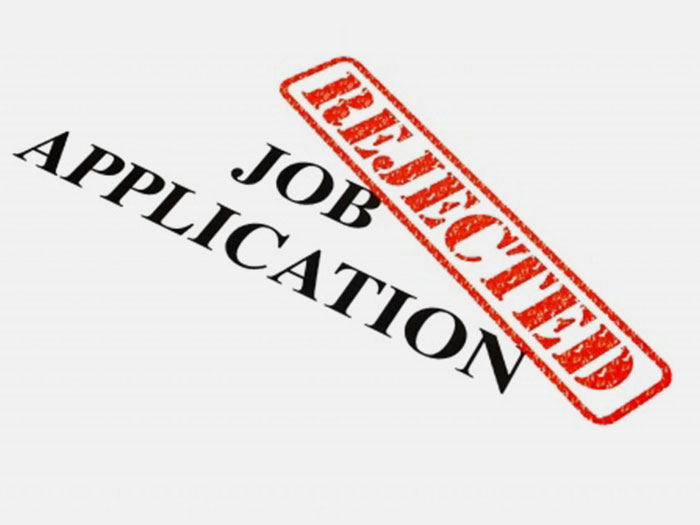
Looking for a job online can be demoralizing. You’ve applied to dozens of jobs with nothing to show for it; just a whole bunch of silence and rejection letters. It is the virtual version of having sand kicked in your face.
The question remains: What am I doing wrong? Why is my application being rejected?
OK, let’s go over where you may be going wrong and what you can do about it.
1) You obviously did not read the job description
This is the number one reason. You are not qualified. Period! Apply for a different job. By applying to this job, you are wasting the employer’s time and just asking for grief. By all means, cast a wide net and take a chance on some positions but some job requirements are obviously not negotiable.
At the time of writing this, there is a job in Japan that requires the successful candidate to have a US passport as the job requires constant access to US military facilities in Japan. It does not matter if you have an MBA and the right experience if you do not meet this criteria.
2) Grammar and spelling mistakes
This is not just for English teachers. If you make such mistakes on your resume, a document designed to land you a better job and better life, then the employer will likely assume that you will put even less effort into your job. Spelling and grammar are also an indication of your actual education level, regardless of whatever diplomas you may have.
3) Incomplete educational or employment history
Reread number two again as it is the same thing. Do not send an incomplete resume. Did you get that qualification or not? What were you doing for those three years between company two and three?
4) We can tell that you have mastered copy and paste
In your cover letter, you did not mention my company, position offered or anything to show this was written just for me. Employers can recognize a boilerplate cover letter.
But what’s worse than a boilerplate cover letter? How about one addressed to the wrong company? Or even worse, a rival company!! Yes, this does happen and you would be surprised how often.
Doing this may not be the one thing that takes you out of contention, but it does not help your cause. Treat the applications individually, highlight a few areas special to that job and get the employer’s attention.
5) Bad mouthing a previous employer
Your previous boss or employer may have been evil, incompetent or both, but you do not want to bring this up for two reasons: (1) The negative comment says more about you then the past employer, and the prospective employer may think you are the problem; (2) It gives the indication that you are a job-seeking refugee who just wants out of his current company. I want someone who wants to work at my company because he or she thinks it is going places.
I know it is tempting to tell the prospective employer about how awful that other boss was, but save that talk for when you are drinking with your friends. Badmouthing a previous employer is roughly the same a griping about a previous girlfriend or boyfriend on a date. It is not cool and will not reflect well on you either.
Bonus tip – Sell yourself
Make sure your resume title is as catchy as possible. Do not label your resume as “Teacher” if you are a “Certified Teacher” or “Bilingual Certified Teacher with Management Experience.” Give the employer an excuse to open and read your resume.
Job hunting is too time consuming and important for you to make the above errors. Reduce these red flags and increase your chances.















